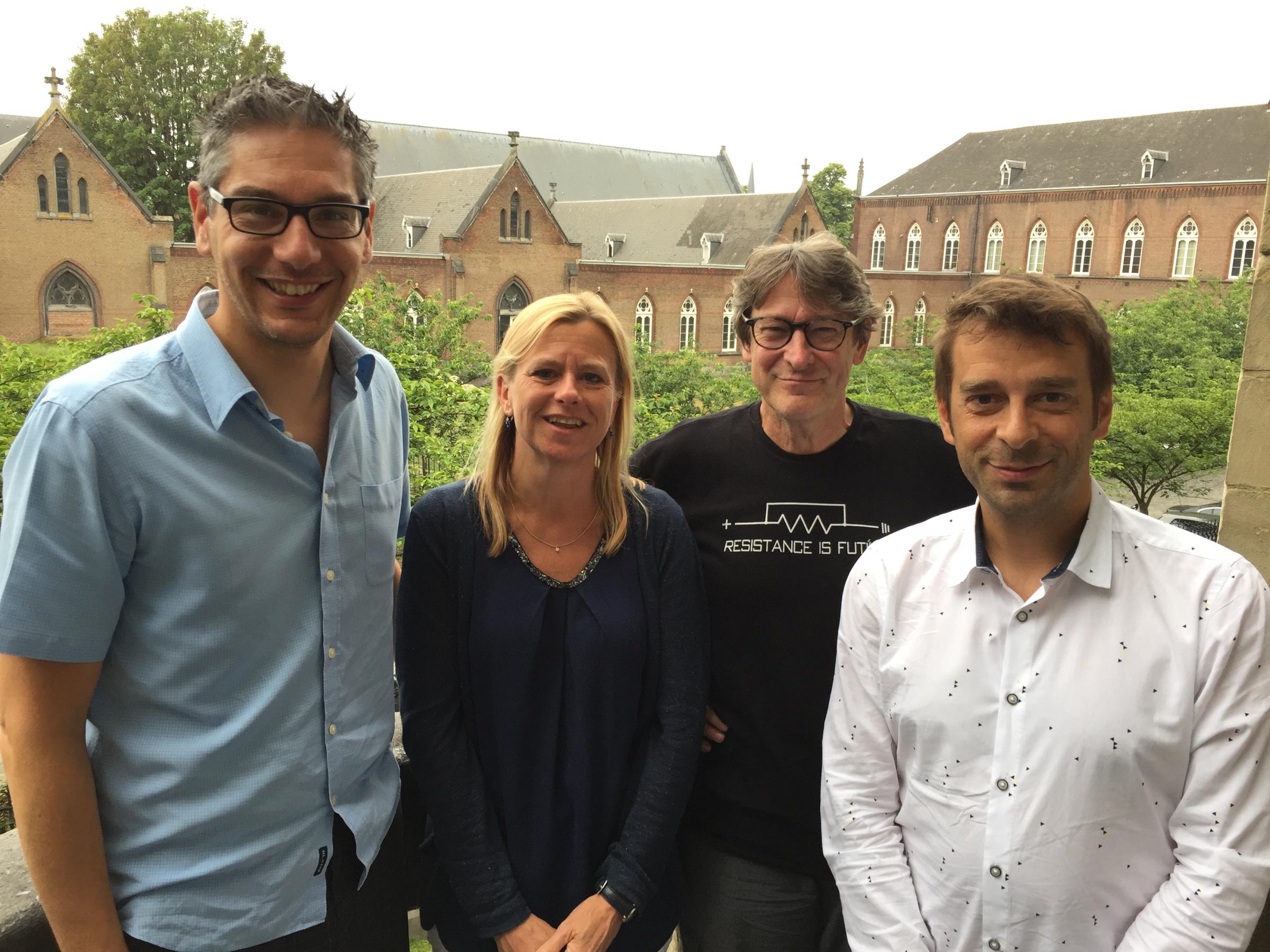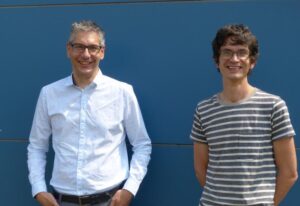T-cell acute lymfoblastic leukemia (T-ALL) is a specific blood cancer characterized by the abnormal proliferation of precursor T-cells in the bone marrow. By combination (chemo)therapy, the prognosis of T-ALL patients has drastically improved. However, such intensive treatments are associated with important side effects and an increased risk of developing secondary tumors at later age. Hence, there is a need for the development of improved, targeted and patient-specific treatment strategies with less toxic side effects. Recently, new successes were achieved via immunotherapy for the treatment of leukemia. Via an alternative strategy for the stimulation of our immune system, this project aims to develop cheaper, faster and directly available immunotherapy for T-ALL patients.
Interferon is an alarm signal produced by our body in response to an infection, resulting in a broad, non-specific immune response. Type 1 Interferons, such as IFNa, can be used in a very efficient manner to inhibit the growth of leukemic cells. However, the presence of their receptors on most cell types in our body results in complex side-effects such as flu-like symptoms, nausea, anemia, liver toxicity, cognitive disorders, depression, etc. For clinical applications, it is therefore necessary to be able to administer IFNa with the required selectivity towards cancer cells. In this context, the Cytokine Receptor Lab of Prof. Jan Tavernier has developed multiple AcTaferons (Activity-on-Target Interferon) with a 1000-fold cell specific efficiency. In this project, the researchers will test the therapeutic potential of these AcTaferons for the treatment of leukemia.
Read more (dutch)
Source: CRIG



